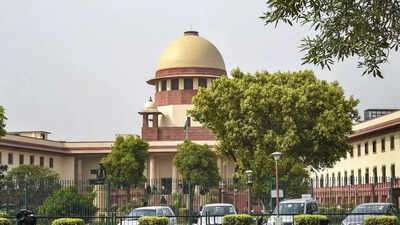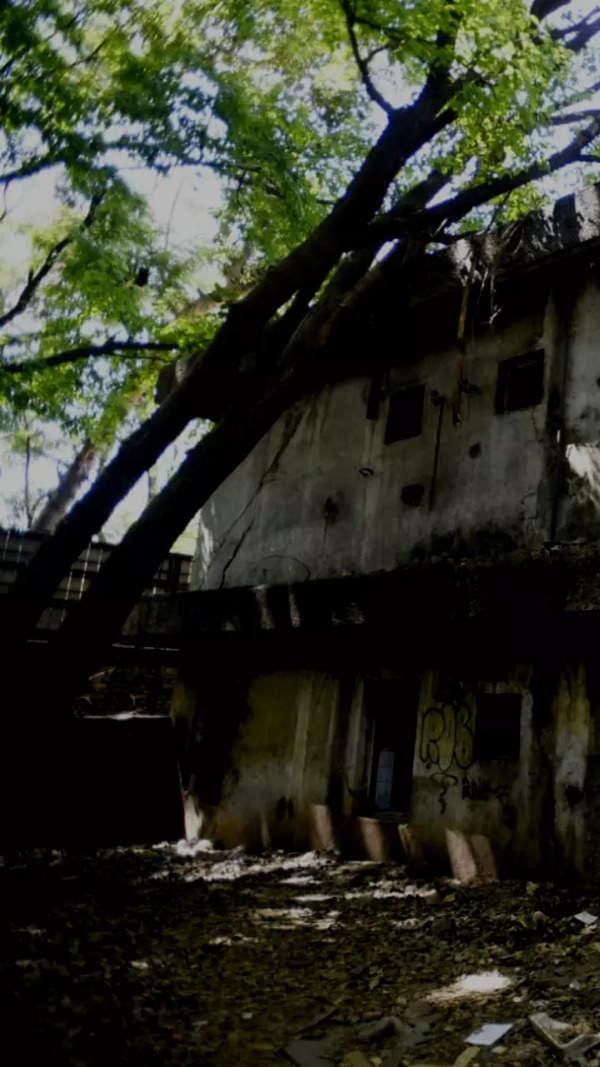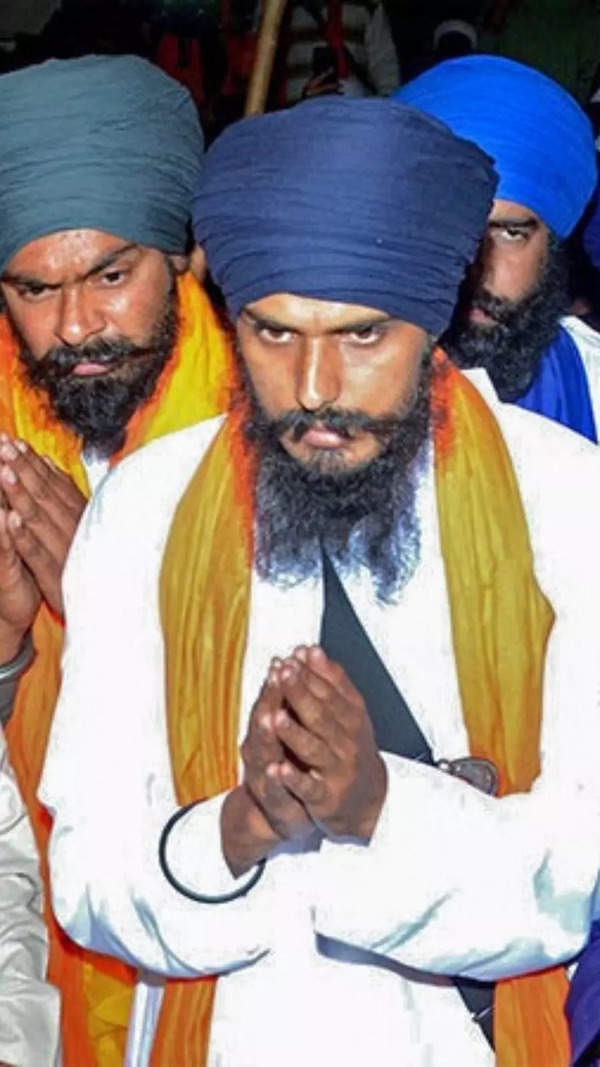- News
- India News
- ‘Substantial questions of law remain to be settled’: Rebia ruling sent to 7-J bench
‘Substantial questions of law remain to be settled’: Rebia ruling sent to 7-J bench

NEW DELHI: While leaving for the Maharashtra speaker to adjudicate on the disqualification of MLAs of rival Sena factions, the Supreme Court on Thursday referred to a seven-judge bench a reconsideration of the 2016 ruling in Nabam Rebia case by a five-judge bench which debarred a speaker from deciding disqualification petitions against MLAs if motion for his own removal has been pending.
In a disappointment to the Uddhav faction, the SC rejected its plea that the SC itself decide the petitions filed by rival Sena factions seeking disqualification of each other’s MLAs instead of leaving it for the speaker to adjudicate.
A five-judge bench led by CJI D Y Chandrachud said, “This court is of the opinion that the speaker of the Maharashtra legislative assembly is the appropriate constitutional authority to decide on the question of disqualification under the Tenth Schedule”.
“This court should normally refrain from deciding disqualification petitions at the first instance. The question of disqualification ought to be adjudicated by the constitutional authority concerned, namely the speaker of the legislative assembly,” it said.
On the reference of the Nabam Rebia judgment to a larger bench, the SC said it was warranted because substantial questions of law remain to be settled. On July 13, 2016, a five-judge bench in a case relating to Arunachal Pradesh had ruled that “it was impermissible for a speaker to adjudicate upon disqualification petitions under the Tenth Schedule after a notice of intention to move a resolution for his removal from the office of the speaker was issued”.
The CJI-led bench said Rebia ruling was in conflict with another constitution bench judgment in the famous Kihoto Hollohan case, where the SC had said that there was no reason to doubt the independence and impartiality of the speaker while adjudicating proceedings under the anti-defection law.
The SC laid down a procedure for adjudication of petitions under Tenth Schedule for the speaker:
In a disappointment to the Uddhav faction, the SC rejected its plea that the SC itself decide the petitions filed by rival Sena factions seeking disqualification of each other’s MLAs instead of leaving it for the speaker to adjudicate.
A five-judge bench led by CJI D Y Chandrachud said, “This court is of the opinion that the speaker of the Maharashtra legislative assembly is the appropriate constitutional authority to decide on the question of disqualification under the Tenth Schedule”.
“This court should normally refrain from deciding disqualification petitions at the first instance. The question of disqualification ought to be adjudicated by the constitutional authority concerned, namely the speaker of the legislative assembly,” it said.
On the reference of the Nabam Rebia judgment to a larger bench, the SC said it was warranted because substantial questions of law remain to be settled. On July 13, 2016, a five-judge bench in a case relating to Arunachal Pradesh had ruled that “it was impermissible for a speaker to adjudicate upon disqualification petitions under the Tenth Schedule after a notice of intention to move a resolution for his removal from the office of the speaker was issued”.
The CJI-led bench said Rebia ruling was in conflict with another constitution bench judgment in the famous Kihoto Hollohan case, where the SC had said that there was no reason to doubt the independence and impartiality of the speaker while adjudicating proceedings under the anti-defection law.
The SC laid down a procedure for adjudication of petitions under Tenth Schedule for the speaker:
- The investiture of exclusive adjudicatory jurisdiction upon the speaker to determine the complaints under the Tenth Schedule will entitle the speaker to rule upon and decide applications questioning their jurisdiction; The speaker is entitled to rule on applications which require him to refrain from adjudicating proceedings under the Tenth Schedule on the ground of initiation of a motion for their removal. A speaker can examine if the application is bona fide or intended only to evade adjudication.
- If the speaker believes that the motion is well-founded, he may adjourn the proceedings till the decision for their removal is concluded. On the other hand, if they believe the motion is not as per the procedure contemplated under the Constitution, they are entitled to reject the plea and proceed with the hearing.
- The decision of the speaker, either to adjourn the proceedings or to proceed with the hearing will be subject to judicial review.
Start a Conversation
FOLLOW US ON SOCIAL MEDIA
FacebookTwitterInstagramKOO APPYOUTUBE










